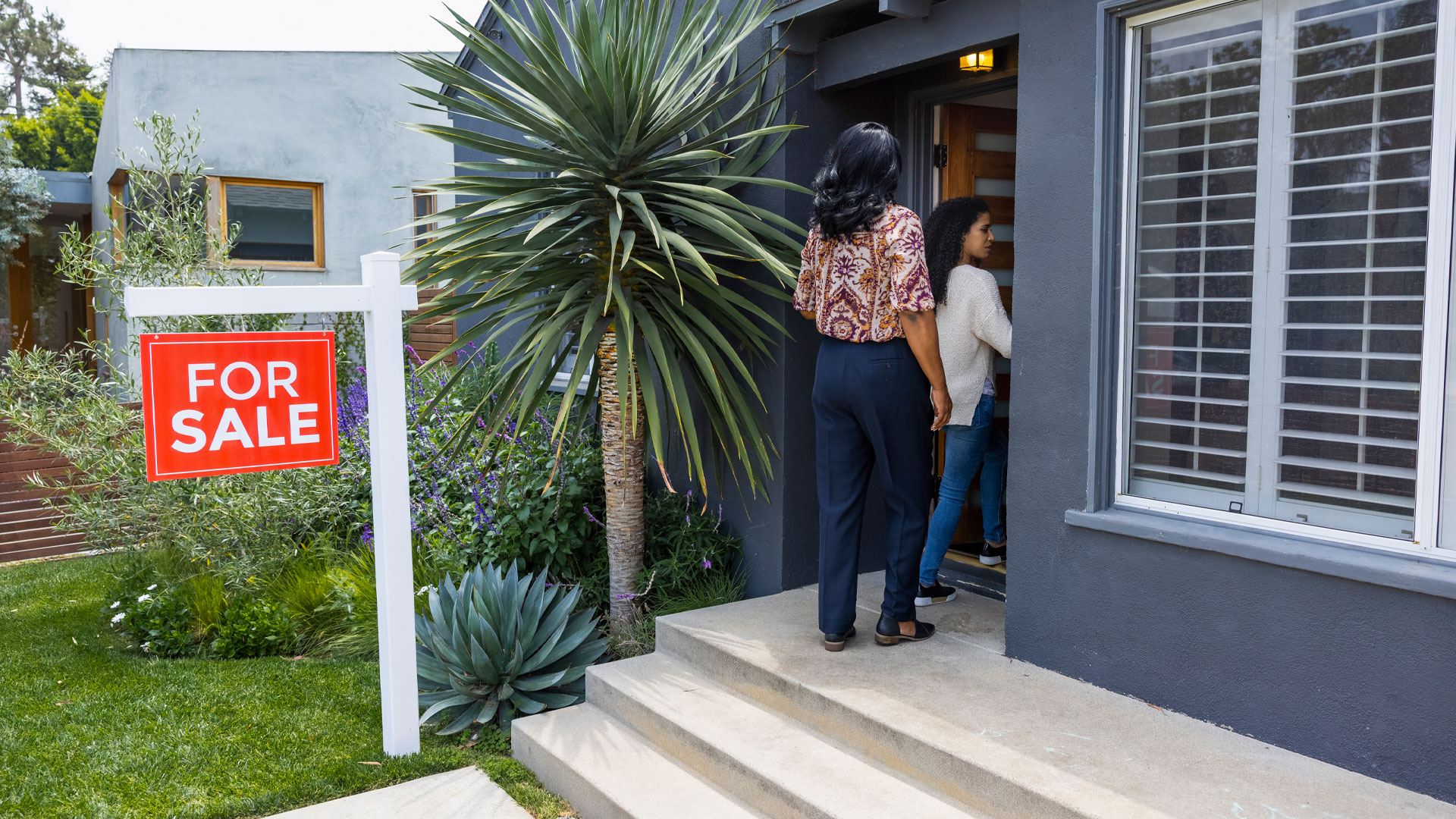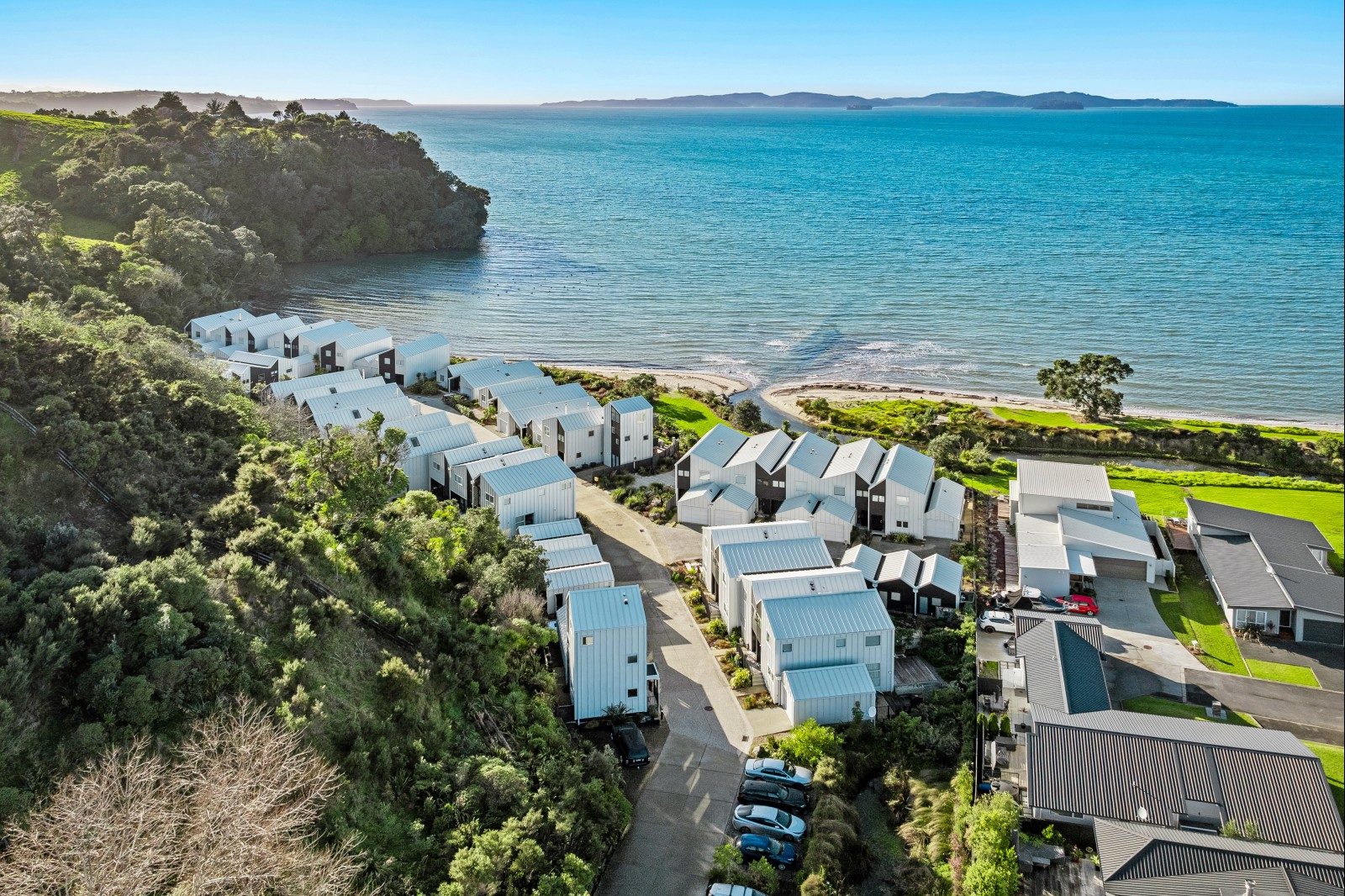Selling guide
Setting a sale price: how much is your house worth?
Nailing the price tag on your property

So, how much is your house actually worth?
Tips for working out your home’s value
1. Start with free insights
2. Stay up to date with the market
Your own research on the property market will play a large part in setting your sale price.
3. Scope out the competition
If you're selling with an agent
Get a free appraisal (before you sign anything)
Finalising your price after hiring an agent
Your agent should be able to help with questions you have around sale prices.
If you're selling privately
Getting a registered valuation
Bottom line:
Thinking of selling your home?
It doesn't need to be complicated. Let us help ease the process.
Find out moreAuthor
Other articles you might like









